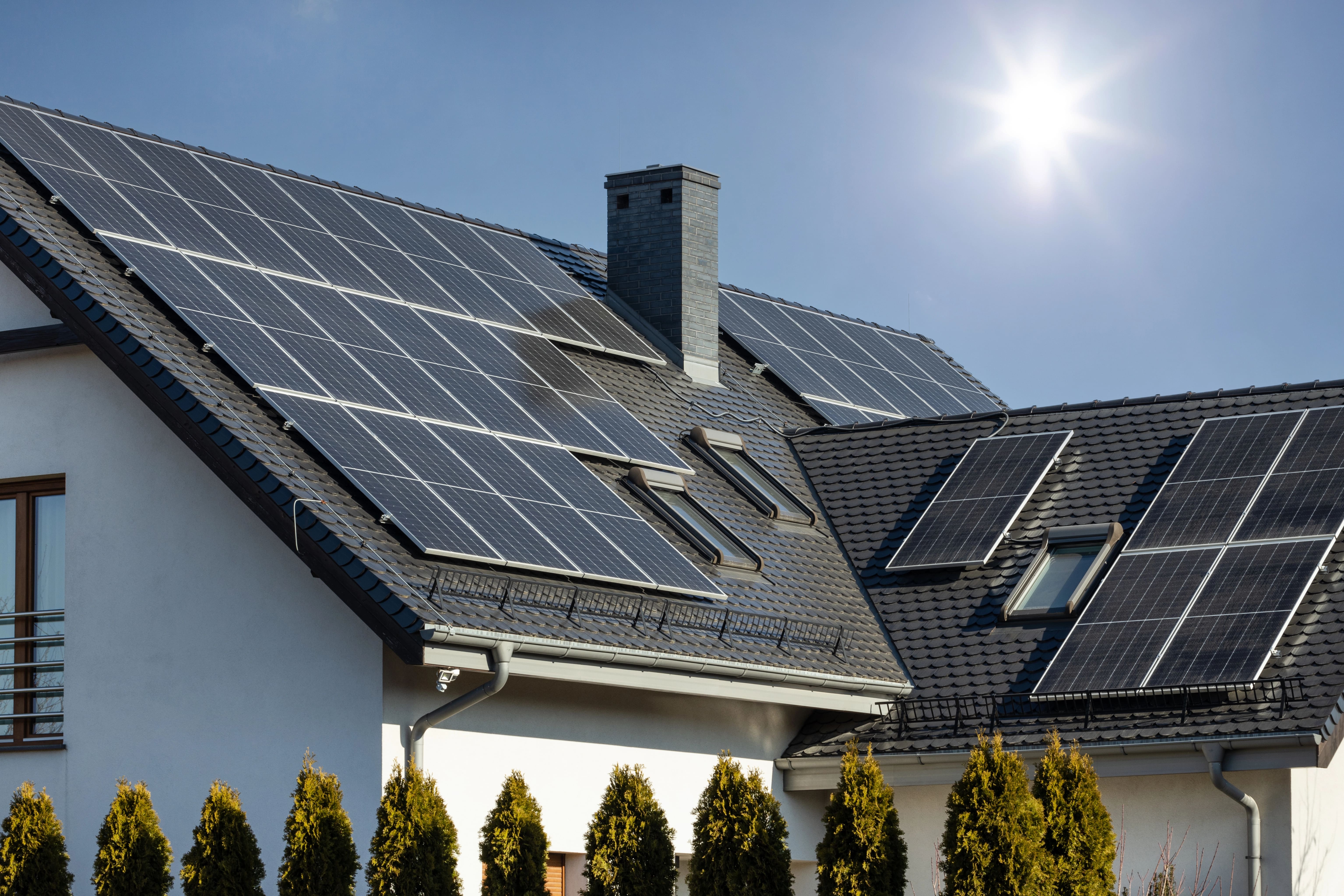Solar Stocks Slide as GOP Tax Bill Sends Shockwaves Through Clean Energy Sector
The U.S. solar industry took a sharp hit in late May as news broke of a sweeping Republican tax bill that aims to dismantle large portions of the Inflation Reduction Act’s clean energy framework. In a single day, major solar stocks lost billions in market capitalization — a reaction that may signal deeper market anxieties about the future of American solar energy.
According to a CNBC report published on May 22, Sunrun, one of the nation’s leading residential solar providers, saw its stock price plunge more than 35% following the bill’s release. Other key players — including SolarEdge and Enphase, both manufacturers of solar inverter technologies — posted double-digit losses, with investors spooked by what analysts described as a “worse than feared” blow to the sector. First Solar, a dominant force in utility-scale solar, fared slightly better due to its access to protected manufacturing tax credits, but the overall sector trend was unmistakable: retreat.
At the center of the market’s alarm is the proposed rollback of core financial incentives that have underpinned the growth of solar adoption in recent years. The Inflation Reduction Act (IRA), passed in 2022, provided long-term certainty for investors and homeowners through a 30% federal tax credit, among other benefits. The new Republican-backed legislation, dubbed the “One Big Beautiful Bill Act,” threatens to gut that framework by either eliminating or rapidly phasing out many of those incentives — particularly for rooftop solar, residential battery storage, and electric vehicles.
What’s notable is that the market’s reaction was not limited to stock performance. Analysts at Jefferies warned that the legislation could create a chilling effect across the clean energy investment landscape. While CNBC focused on financial losses and investor sentiment, a broader context reveals why the bill’s ramifications extend far beyond Wall Street.
Outside financial markets, the policy shift poses difficult questions for states — particularly Republican-led ones — that have benefited enormously from federal clean energy investments. A May 23 report from The Washington Post highlighted that many of the fastest-growing solar and wind projects are located in red states like Texas, Iowa, and Oklahoma. Senators from these regions now face a political bind: support a party-line tax overhaul, or defend the very incentives driving job creation and private investment in their districts.
Critics of the bill, including environmental groups and clean energy trade associations, argue that reversing course on these incentives risks more than just investor confidence — it could set back national emissions goals by a decade or more. The Guardian, for instance, warned that stripping clean energy credits could lead to higher electricity costs, increased pollution, and slower electrification of transportation, particularly in underserved communities. The bill may also hinder the U.S.’s global competitiveness at a time when China is doubling down on solar and EV manufacturing.
What’s missing from most of the mainstream reporting — including CNBC’s piece — is a closer look at the long-term structural impacts of such a tax policy. Rolling back tax credits doesn’t just impact homeowners considering solar. It directly affects solar developers’ ability to secure project financing, hire workers, and maintain predictable cash flows. The result may be a contraction in installation rates and a shrinking of the clean energy labor force, which currently supports over 250,000 U.S. jobs.
There’s also a deeper philosophical divide at play. Advocates of the bill argue that the government should not pick winners and losers in the energy market. But critics point out that fossil fuels still enjoy billions in federal subsidies — many of which remain untouched in this proposal. If the goal is a level playing field, they argue, then removing clean energy incentives while leaving fossil subsidies intact achieves the opposite.
Public health considerations also deserve more attention. Fossil fuel combustion disproportionately harms low-income and minority communities, and federal clean energy investments have been one of the few consistent policy efforts aimed at addressing that disparity. By cutting support for residential solar and battery systems, the bill may delay the broader accessibility of clean, reliable, and affordable energy in communities that need it most.
As of now, the bill has passed the House but faces an uncertain path in the Senate. Moderate Republicans and some Democrats may seek to preserve portions of the IRA’s clean energy framework, especially components already spurring economic growth in their states. Whether the final version of the bill becomes a full repeal or a scaled-back revision remains to be seen.
One thing is clear: the solar industry is entering a period of renewed volatility, not due to technological failure or market demand — but because of politics. And while investors may eventually recover, the broader cost may be measured in lost progress on climate, economic development, and energy independence.
Sources:
-
CNBC, “Solar stocks plunge as Republican tax bill worse than feared for clean energy,” May 22, 2025. Link
-
The Washington Post, “Clean energy dollars are gushing to red states. Now GOP senators are in a bind.” May 23, 2025.
-
The Guardian, “Trump’s tax bill to cost 830,000 jobs and drive up bills and pollution,” May 22, 2025.
